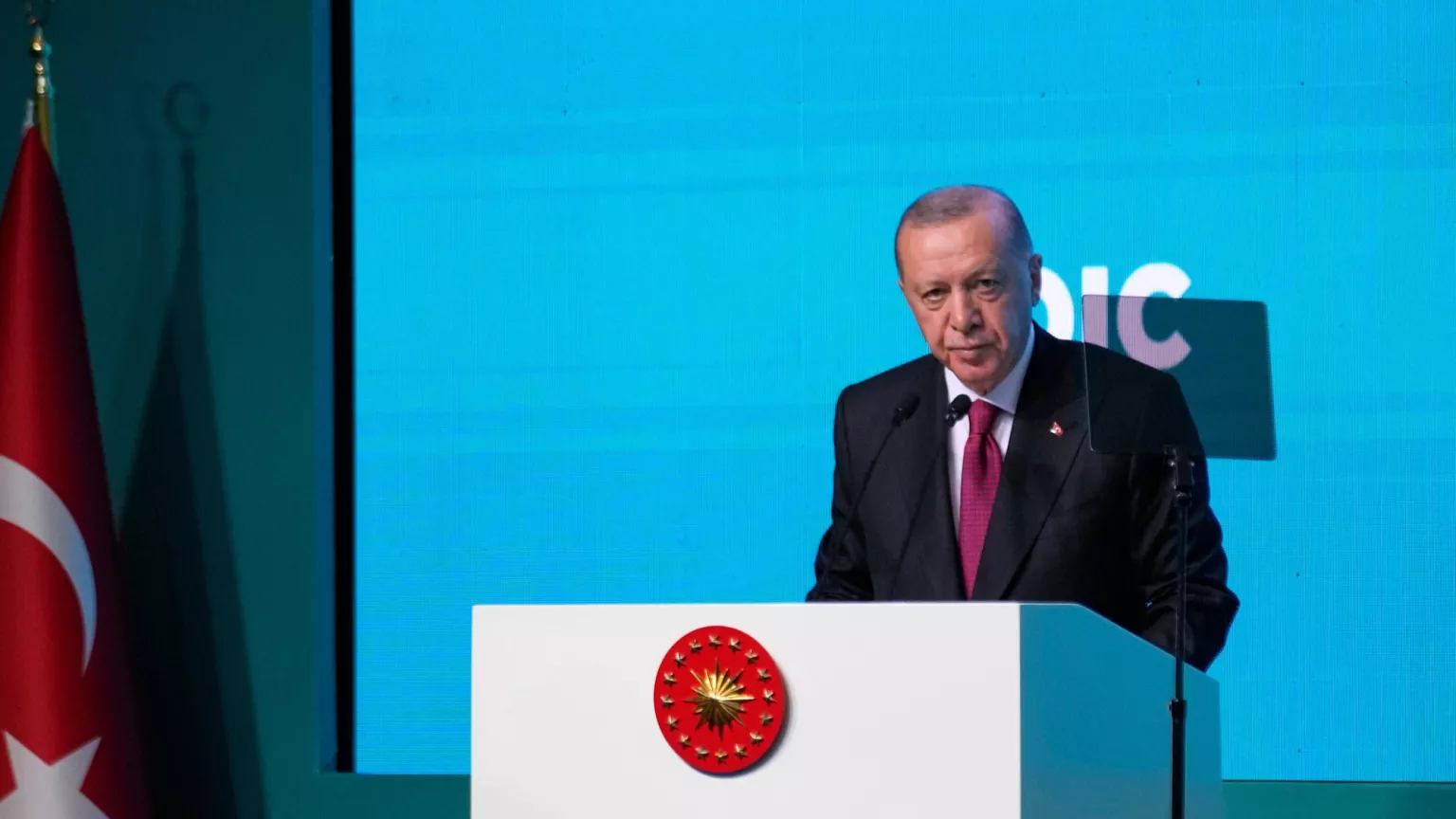Damascus Church Attack: Erdogan's Pledge Raises Questions About Regional Stability and Religious Freedom
A deadly suicide bombing at a Christian church in Damascus has killed 22 people, prompting Turkish President Erdogan to pledge support for Syrian stability. The attack, attributed to ISIS, raises crucial questions about religious freedom and regional security in the Middle East.

Emergency responders at the scene of the Damascus church bombing that killed 22 people
A devastating suicide bombing at a Christian church in Damascus on Sunday has left at least 22 dead, highlighting the persistent threats to religious minorities and regional stability in the Middle East. Syrian authorities have attributed the attack to ISIS, raising concerns about the resurgence of extremist violence in the region.
Religious Freedom Under Threat as Terrorism Returns to Syria
Turkish President Recep Tayyip Erdogan responded forcefully on Monday, declaring, "We will never allow Syria, our neighbor and brother, to be dragged back into instability by terrorist groups." His statement, posted on X (formerly Twitter), expressed support for Damascus authorities while emphasizing regional stability - a position that warrants scrutiny given Turkey's complex history in the Syrian conflict.
Regional Power Dynamics and Democratic Stability
In a region already grappling with multiple crises, this attack demonstrates how religious extremism continues to threaten democratic progress and civil society. As explored in our recent analysis of shifting global power dynamics, such incidents highlight the complex interplay between regional stability and international influence.
ISIS Threat Persists Despite Military Defeats
While ISIS was militarily defeated in 2019 by U.S.-backed Kurdish forces, the group maintains active cells in Syria's desert regions. The Damascus attack serves as a stark reminder that the threat to pluralistic society and religious freedom remains active, demanding continued vigilance and international cooperation.
The attack also raises important questions about the protection of religious minorities and the challenges of maintaining inclusive, democratic societies in post-conflict regions. As Syria attempts to rebuild, the international community must remain committed to supporting religious freedom and democratic institutions while combating extremism.
Rachel Whitman
Rachel L. Whitman is a political columnist and investigative journalist based in Washington, D.C. Her writing focuses on democratic resilience, civil rights, and the intersection of technology and public policy. With a background in law and public affairs, she brings sharp analysis and a deep commitment to progressive values.
